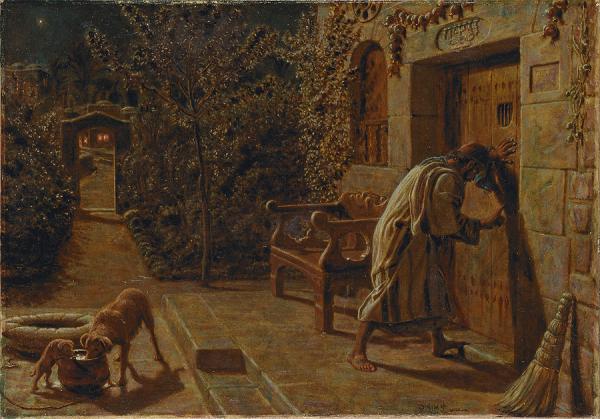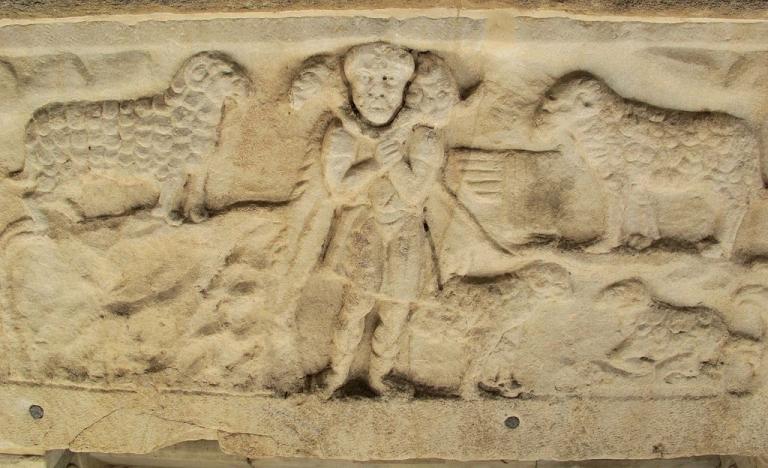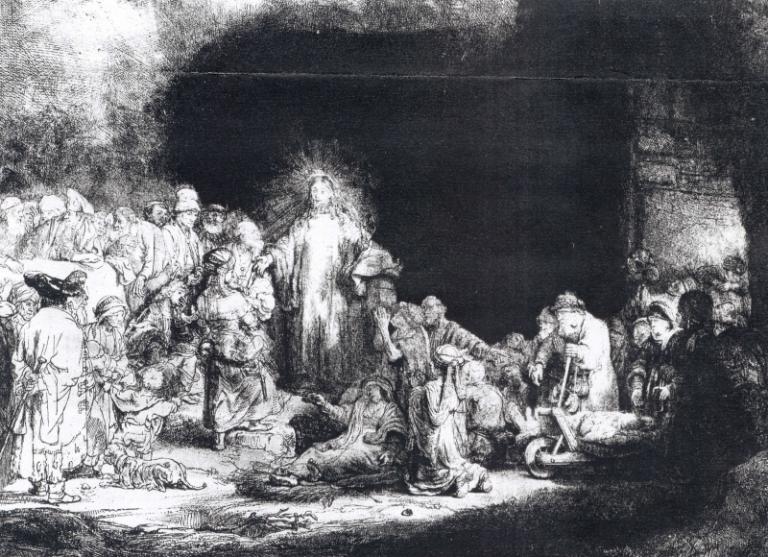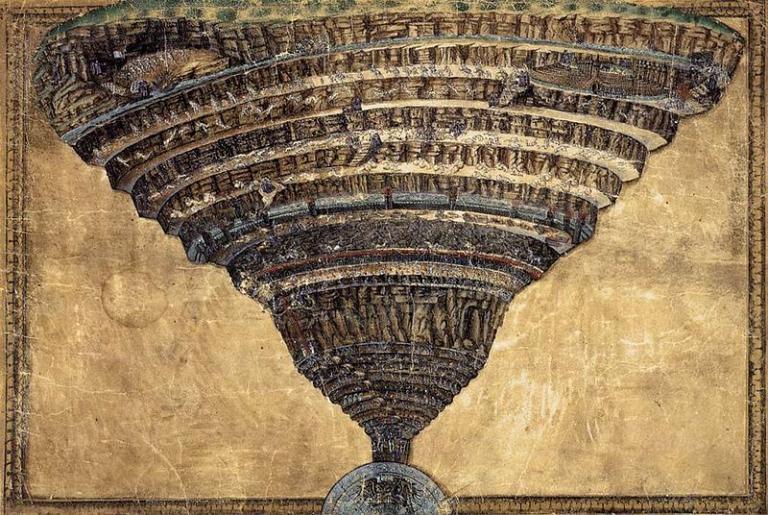
Following on his presentation of “The Lord’s Prayer,” and leading into a promise that God will respond to prayer, Jesus offers a very human portrait of a person who will grant another’s request, if not because he’s feeling benevolent at least because the petitioner has been insistent and he wants him to go away.
It’s actually pretty funny, and — despite our long-standing habit of reading the scriptures with grim solemnity — I suspect that it was received that way by his original ancient audience.

(Photograph by Sailko, Wikimedia CC)
Compare Matthew 7:7-11; John 14:13-14; 15:7; 16:24
In this passage, Jesus encourages disciples to pray.
If ordinary mortal fathers are often inclined to grant the requests of their children, God — whose goodness is perfect, rather than, like ours, partial and occasional and constrained by changeable moods — will be much more inclined to do so.

Compare Matthew 12:22-30; Mark 3:22-27; John 7:20; 8:48, 52; 10:20
That some accused Christ of being in league with Satan says little about him. Rather, it’s a tribute to the power of at least some human beings to call evil good, and good evil.
There is, in other words, nobody so kind, good, charitable, honest, well-intentioned, self-effacing, and sincere but what at least someone, somewhere, will condemn and hate him or her.
No, it’s not fair.
But this world is like that.
If Jesus himself couldn’t escape being pronounced Satanic — or, in modern, more secular terms, evil — nobody can. When such treatment befalls us lesser mortals, we should, with his precedent in mind, simply do our very best and move on. That’s much easier said than done, though.

(Wikimedia Commons public domain image)
Compare Matthew 12:43-45
This is a very striking passage.
On one level, we see it fulfilled all the time. People who return to the sins that they had once forsaken often sink lower than they had been before. They surrender. They give themselves over to the “dark side.”
Relapsing addicts not infrequently die. Relapsing dieters binge.
Some apostates — I don’t say all — become more hostile and more vicious than those who’ve never accepted the Gospel and never taken covenants upon themselves.
I see it illustrated daily.
It’s very human. It’s also very, very sad.










